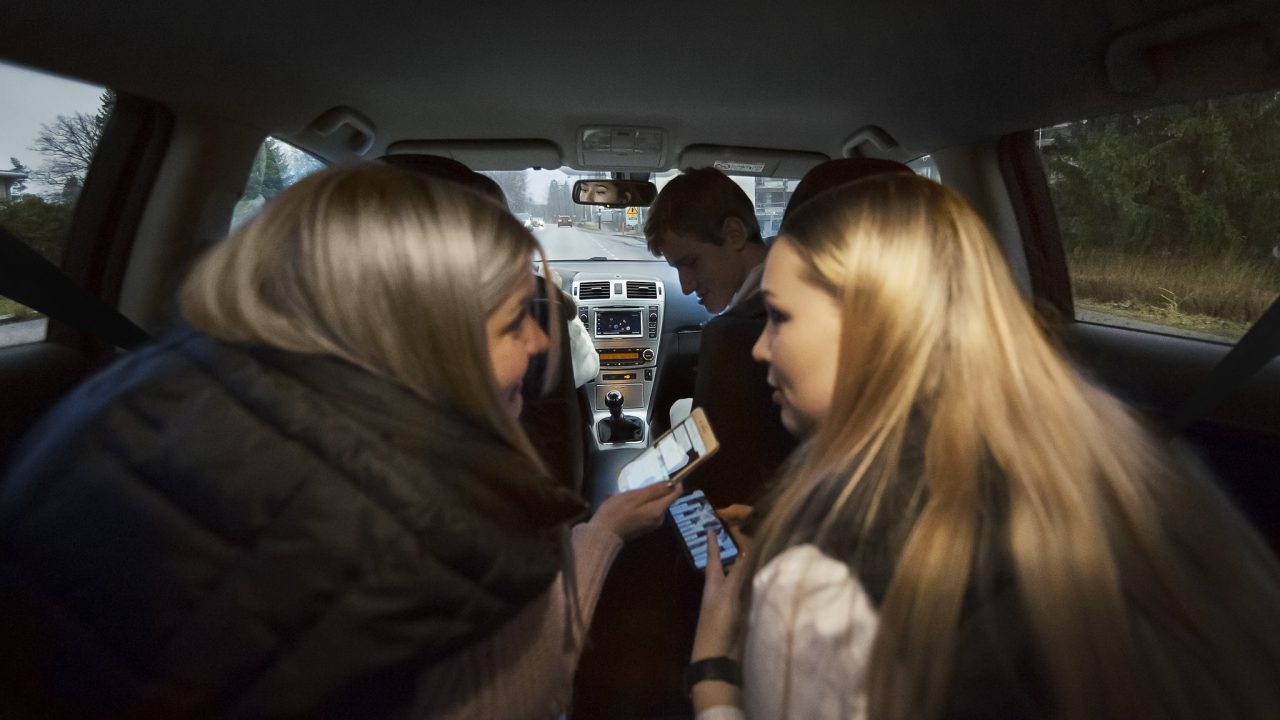
Safe Space in cars
Every choice you make can help the car stay on the road. Think about what you do in a group of friends. Do you show respect if someone talks about taking risks in traffic or shares photos of it on social media? Or do you have what it takes to question such risky behaviour? Let’s make sure together that your group of friends rewards you for acting sensibly, not for fooling around.
Right to speak out
The risk of an accident involving a young driver often increases when friends are present in the vehicle. It can create a need to show off and be competitive, which increases the risk. A social norm, meaning an understanding of what is allowed and accepted in a peer group, affects a young person’s behaviour also in traffic.
Pluralistic ignorance is a concept that refers to a delusion of reality among group members. For example, one group member may think that the other members do not find wearing a seatbelt important, as they do not break the intergroup norm and all put on a seatbelt. While the other group members may also disapprove of not wearing a seatbelt, a failure to verbalise this will result in pluralistic ignorance among the whole group, leading them all to believe that not wearing a seatbelt is a commonly accepted norm.
If something is troubling you or you are feeling scared, it is likely that someone else in the group is feeling the same way. If necessary, you will have more courage to address the issue together if a ride is making you feel unsafe. Please keep in mind that you and your friend always have the right to speak out if you are feeling scared riding in a car with a driver.
Peer pressure
Peer pressure and a need to belong in a group can make people act against their principles. Individuals may change their behaviour, values or attitudes to make them fit the group’s expectations better. Peer pressure can be positive or negative. Positive peer pressure may involve encouragement and reassuring group members to do something positive. For example, friends may encourage a peer to apply for a summer job for which the young person does not feel qualified enough. Negative peer pressure involves pressuring a person to do something they do not want to do or would not do on their own. For example, friends may pressure a peer to try smoking or ride their moped on one wheel.
The video on peer pressure works as an opening to a discussion that can be used to reflect on the impact of a peer group on a young person’s own behaviour in traffic and the person’s opportunities to affect their friends’ behaviour in traffic.
Passenger skill test
How good of a passenger are you? Do you support what the driver is doing and do your part in making sure that the ride is safe? Take the test and think about whether you could improve your behaviour as a front passenger.